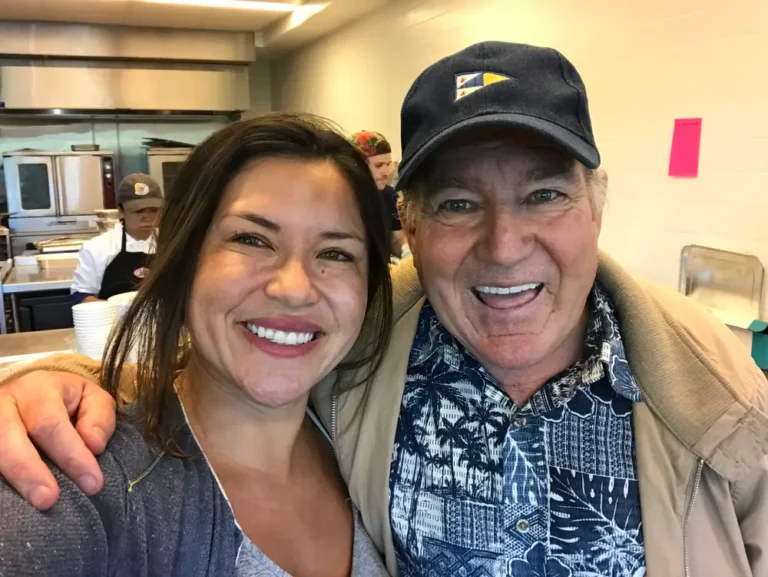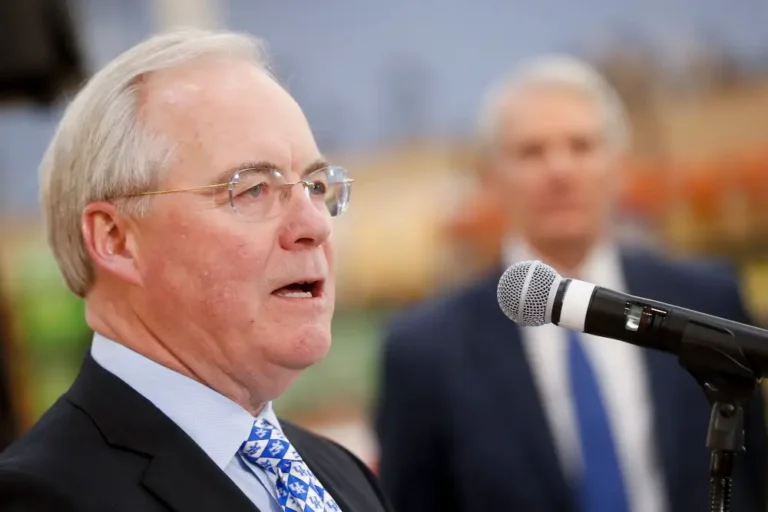A 36-year-old real estate investor who owns hundreds of units acquired his first property months after graduating college. He shares the strategy he used to live for free in his first home.

- Ricky Beliveau bought his first property, a triplex, fresh out of college.
- He “house hacked,” meaning he lived in one unit and rented the other two, to live for free.
- It allowed him to save up, buy another property, and eventually grow his portfolio to hundreds of units.
Ricky Beliveau, a college senior in 2010, wrote a paper on how to invest in multi-family real estate.
“I actually picked a building that was on the market very close to where I was renting and used that as my example for my capstone,” according to him. “I ran the numbers, put the financials together, worked with my professor, and at the end of it, I was like, ‘Wow, this could be very lucrative.'”
It just so happened to be a good time to buy multi-family homes in Boston, where Beliveau, a Northeastern University student, lived.
“In 2009, multi-family prices had flattened or come slightly down in Boston and rents continued to climb,” he went on to say. “Even with the recession, people were still going to college, a lot more people were going back to school, and so you were seeing an influx into these cities.”
He saw it as a chance for someone like himself, a novice investor. Many seasoned investors “were sitting on the sidelines because they had all been beaten up in 2008,” he explained. “And I was coming into the market reviewing this deal with really nothing to lose.”
Six months after graduation, he used his capstone project as a blueprint to buy his own multi-family unit.
In December 2010, he purchased a triplex in Boston with the help of an FHA loan and an investment from his mother, who was looking to invest a lump sum of money she’d recently inherited.
Beliveau, who worked full-time in finance at the time, moved into one unit with his girlfriend (now his wife) and rented the other two. He claimed that rental income covered his mortgage, implying that he was living for free while tenants paid off his debt.
Beliveau also increased the property’s value by gradually renovating each unit. He began with the one in which he was living. When that was finished, he offered to trade units with the tenants on the top floor. They were overjoyed to relocate because they received an updated space for the same price. He then renovated the top-floor unit before moving on to the bottom-floor unit.
He’d transformed the building from a nine-bed, three-bath to a 12-bed, six-bath after renovating all three units.
Beliveau purchased a second multi-family property a year after purchasing the triplex, and he has been steadily expanding his portfolio since then. In 2015, he quit his day job to focus solely on real estate. He now runs several real estate-related businesses, including Volnay Capital and EVO Real Estate Group, at the age of 36. According to an asset sheet viewed by Insider, he has over 1,000 units between units he owns personally, Volnay Capital’s portfolio, and properties he owns with partners.
How to ‘house hack’ to buy your first home
Beliveau’s method of essentially living for free in his own home is known as “house hacking.” Many successful real estate investors got their start this way.
House hacking is the practice of renting out a portion of your home and using the rental income to cover some (or all) of your housing expenses.
It’s inexpensive for two reasons. One, because you are actually living in the property, you may be eligible for an FHA loan, which is a government-backed mortgage that allows people to buy a home with as little as 3.5% down.
This can significantly reduce your upfront costs, especially if you live in a pricey market like Boston, where Beliveau grew his portfolio. The difference in putting down 3.5% versus 20% on a $300,000 home, for example, is significant: $10,500 versus $60,000.
House hacking can also help you save money on your mortgage — or, as in Beliveau’s case, completely eliminate it. If you want to expand your portfolio, this can help you save for a down payment on your next property faster.
While buying a multi-family property, such as a duplex or triplex, is ideal for house-hacking because you can still maintain a level of privacy by living in your own unit, there are other options if you can’t afford a multi-family (or your area doesn’t have this type of property).
Consider what Todd Baldwin did at the start of his real estate investing career. When he was 23, the now millionaire bought his first home. It was a 6-bedroom, 4-bath single-family home in a Seattle suburb for $506,000. He put down 3.5%, which amounted to about $19,000 upfront, he told Insider.
Baldwin and his then-girlfriend (now wife) moved into the master bedroom, keeping the smallest room as an office and renting out the remaining four rooms. The rental income more than covered the monthly mortgage payment, he said, implying that they went from being tenants paying rent to living for free and profiting.
This type of house hacking entails finding compatible roommates and having significantly less space, but it can be an effective way to save money on housing and, eventually, afford your first home.
What Beliveau likes best about house hacking is that you’re transforming your home — which usually comes with a mortgage and thus costs you money — into a true asset.
“Owning real estate is an extremely important part of building wealth but the problem is, when you look at your home, it’s not really an asset,” he added. “It’s not making you money.” You have a mortgage to pay. It is a cost.”
However, if you are an owner-occupier and your primary residence also serves as a rental property, “that’s an asset,” he says. “You’re paying off your mortgage with rental income, not cash from your pocket.” Even if you’re not living rent-free — even if you’re paying $500 a month for your unit but it’s worth $3,000 — you’re still creating value.”






